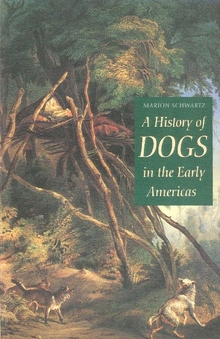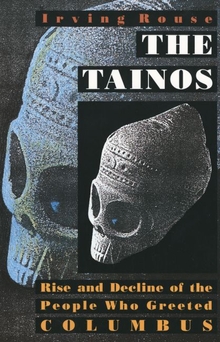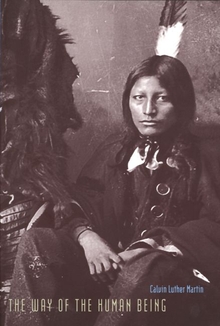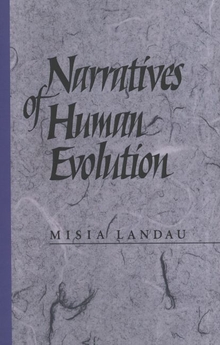First in Line
WARNING
You are viewing an older version of the Yalebooks website. Please visit out new website with more updated information and a better user experience: https://www.yalebooks.com
Tracing Our Ape Ancestry
Tom Gundling
Out of Print
Tom Gundling examines a period in anthropological history when ideas about what it means to be human were severely tested. Drawing on extensive primary sources, many never before published, he argues that the reinterpretation of early human fossils came about at last because of changes in theoretical approach, not simply because new and more complete fossils had been recovered. Gundling concludes with a review of the most significant post-1950 events in the field of paleoanthropology.
“Gundling’s work not only illuminates this one important historical situation but also provides an instructive caution to present-day paleoanthropologists as they evaluate other scientists’ ideas and theories. And, Gundling’s conclusions will find echoes in other areas of scientific and intellectual history.”—Andrew Hill, Yale University and Yale Peabody Museum of Natural History
"Gundling places the history of an important paleoanthropological thread within a straightforward and well-articulated framework. His book is an original work of sound scholarship."—Ian Tattersall, American Museum of Natural History
"A superb work! First in Line provides an exciting history of the search for the fossil hominid record, and promises to compete successfully with today’s paleoanthropological literature."—Kenneth A.R. Kennedy, Cornell University
Publication Date: May 10, 2005
12 line illus. + 4 tables








